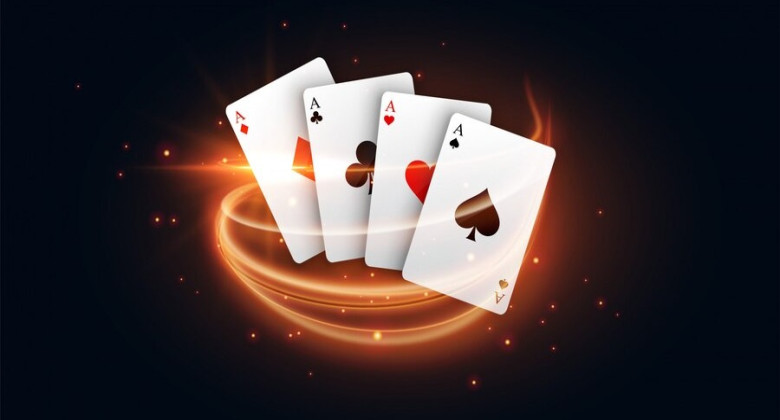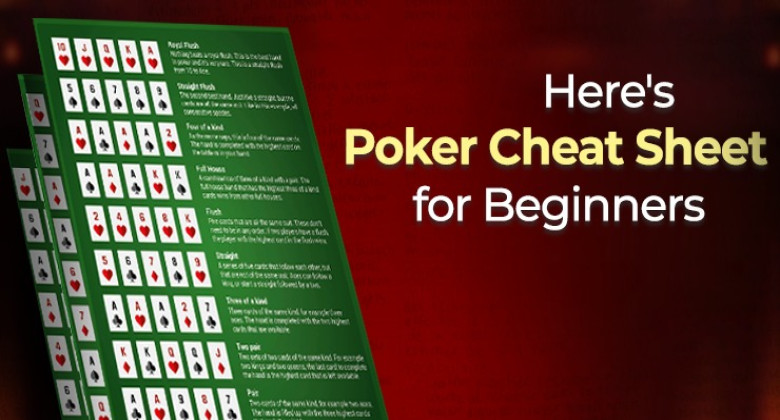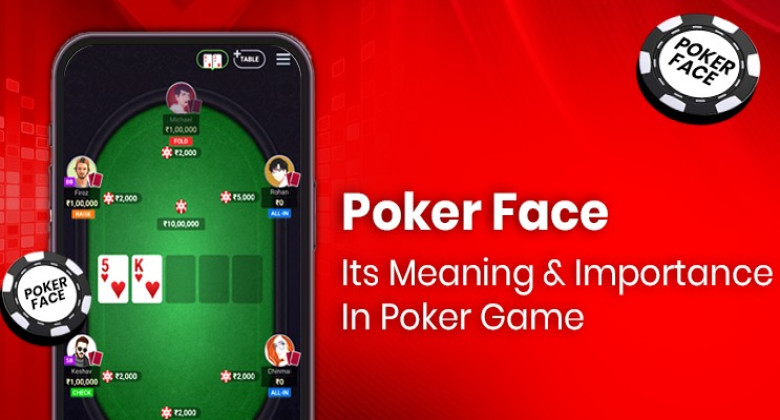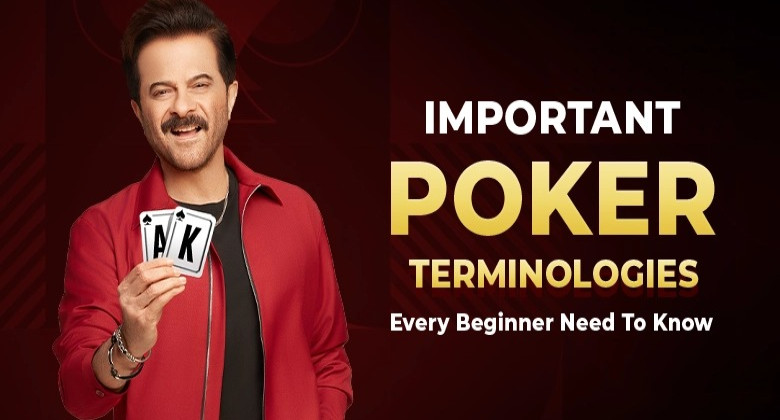
Poker Tournaments
A poker tournament is a poker event in which players compete for prizes from a prize pool. Each participant pays a buy-in amount to get a fixed number of chips and join the tournament. Players compete to win chips from their opponents and eliminate the opponents. As the tournament progresses, blinds or bets increase.
What is a Poker Tournament?
Poker Tournaments provide a great opportunity to win big cash rewards. Each player starts with an equal number of chips and competes to get crowned the winner. The Indian poker tournament continues until one player emerges as the ultimate winner and wins the largest share of the prize pool. Depending on the online poker tournament and its reward structure, the prize pool is usually distributed among a predetermined number of top finishers. The highest-ranking winner receives the largest share of the prize pool, and the other top finishers usually receive prizes in decreasing amounts or of decreasing values as their ranks decrease.
Different Types of Poker Tournaments in India
- Freeroll poker tournaments (Free tournaments)
- Guaranteed or GTD tournaments
- Satellite tournaments
- Rebuy tournaments
- Re-entry tournaments
- Multi-Table tournaments
- Heads-Up tournaments
- Turbo tournaments
- Hyper-turbo tournaments
Online Poker Tournaments in India
- Freeroll poker tournaments:
Enjoy the thrill of competition without spending a dime with these no-entry-fee tournaments, where players can win real prizes. It is also known as the poker free tournaments. - Guaranteed or GTD tournaments:
With guaranteed prize pools, these tournaments ensure a minimum payout regardless of the number of entrants, offering players the chance to compete for substantial rewards. - Satellite tournaments:
Satellite tournaments provide a pathway to higher-stakes events, allowing players to win entry into larger tournaments for a fraction of the buy-in cost. - Rebuy tournaments:
Test your skills and resilience with rebuy tournaments, where players have the option to purchase additional chips if they bust out early, extending their chances of making a comeback. - Re-entry tournaments:
In re-entry tournaments, players who are eliminated have the opportunity to buy back into the tournament and continue competing for the top prize, offering a second chance at victory. - Multi-Table tournaments:
Experience the excitement of large-scale competition with multi-table tournaments, where hundreds or even thousands of players compete simultaneously across multiple tables until a single winner emerges. - Heads-Up tournaments:
Embrace the intensity of one-on-one battles in heads-up tournaments, where players face off against each other in a series of fast-paced matches until a champion is crowned. - Turbo tournaments:
With accelerated blind levels, turbo tournaments ramp up the action, leading to quicker decision-making and more rapid gameplay, perfect for players seeking a fast-paced challenge. - Hyper-turbo tournaments:
Take adrenaline to the next level with hyper-turbo tournaments, featuring even faster blind increases and shorter stack depths, creating intense action and high-pressure situations.
Poker Tournaments Rules
Poker tournaments are governed by a set of rules to ensure fair play and smooth gameplay. Here's a detailed overview of the typical poker rules followed in tournaments:
- Buy-in and Entry Fee:
Players must pay a buy-in to participate in the tournament, which contributes to the prize pool.
An entry fee may also be required, which is typically a small percentage of the buy-in. - Starting Chips:
Each player receives a predetermined number of starting chips, which vary depending on the tournament structure.
Starting chip amounts are usually consistent across all players to ensure fairness. - Blind Levels:
The tournament is played with increasing blind levels, which dictate the minimum bet and raise amounts.
Blind levels increase at regular intervals, typically ranging from 15 minutes to an hour. - Ante:
In some tournaments, an ante is introduced at later stages, which is a forced bet contributed by each player before the start of the hand. - Seating Assignments:
Players are randomly assigned to tables at the beginning of the tournament.
Tables are balanced as players are eliminated to maintain fairness. - Poker Hand Rankings:
Hand rankings follow standard poker rules, with Royal Flush being the highest-ranked hand and High Card being the lowest.
Players must know and understand hand rankings to determine the strength of their hands. - Elimination:
Players are eliminated from the tournament when they run out of chips.
Eliminated players are not allowed to re-enter the tournament unless it is a re-entry tournament. - Payout Structure:
The prize pool is distributed among the top finishers according to a predetermined payout structure.
Payout structures vary depending on the number of entrants and the tournament format. - Late Registration:
Some tournaments allow late registration for a specified period after the tournament has started.
Late registrants receive a starting stack proportional to the current blind level. - Final Table:
The final table consists of the remaining players who have survived until the end of the tournament. Play continues until one player remains, who is declared the winner.
By adhering to these rules, poker tournaments ensure a fair and enjoyable experience for all participants, while also maintaining the integrity of the game.
Must Read: How to Play Poker Online with Friends?
Basic Poker Tournament Tips
Mastering the art of poker tournaments requires a blend of strategy, skill, and mental fortitude. Here are some detailed tips to help you navigate and succeed in poker tournaments:
- Understand Tournament Structure:
Familiarize yourself with the tournament structure, including blind levels, starting stack sizes, and payout structure. Adjust your strategy based on the tournament format, whether it's a deep-stack event, turbo tournament, or satellite. - Manage Your Bankroll:
Practice effective bankroll management to ensure you can withstand variance and fluctuations in tournament play. Only invest a small percentage of your bankroll in each tournament to mitigate risk. - Play Tight Early:
During the early stages of the tournament when blinds are low relative to stack sizes, play tight and conservative.
Focus on playing premium hands and avoiding marginal spots to preserve your stack. - Be Aggressive in Late Position:
As blinds increase and stack sizes relative to blinds decrease, adopt a more aggressive playing style, particularly in late position. Look for opportunities to steal blinds and pick up pots uncontested. - Adjust to Table Dynamics:
Pay attention to the playing styles and tendencies of your opponents at the table.
Adapt your strategy accordingly, exploiting tight-passive players with aggression and caution against aggressive opponents. - Pace Yourself:
Pace yourself throughout the tournament, avoiding unnecessary risks early on and saving your aggression for opportune moments. Avoid tilting or becoming overly emotional after losing pots, as this can negatively impact your decision-making. - Utilize Position:
Position is crucial in poker tournaments. Use best poker position to your advantage, playing more hands in late position and being cautious in early position. Look for opportunities to steal blinds and control the action from a late position. - Protect Your Stack:
Protect your stack by avoiding unnecessary confrontations and marginal spots. Only commit a significant portion of your stack when you have a strong hand or a favorable situation. - Stay Focused and Patient:
Maintain focus and patience throughout the tournament, even during periods of inactivity. Stay disciplined and avoid making impulsive decisions based on emotion or frustration. - Stay Informed and Continuously Improve:
Stay informed about poker game strategy by studying resources, watching training videos, and discussing hands with fellow players. Also, analyze your tournament play and identify areas for improvement to refine your skills and strategies.
Enhance your performance and increase your probabilities of success in poker tournaments. Remember, success in tournaments requires a combination of skill, strategy, and adaptability, so stay focused, stay disciplined, and keep striving to improve.
Get up to Rs 50,000* as Welcome Bonus

















